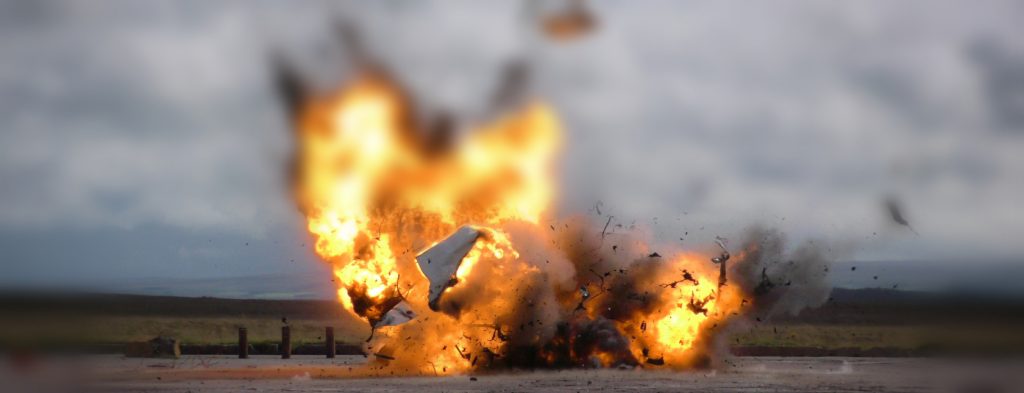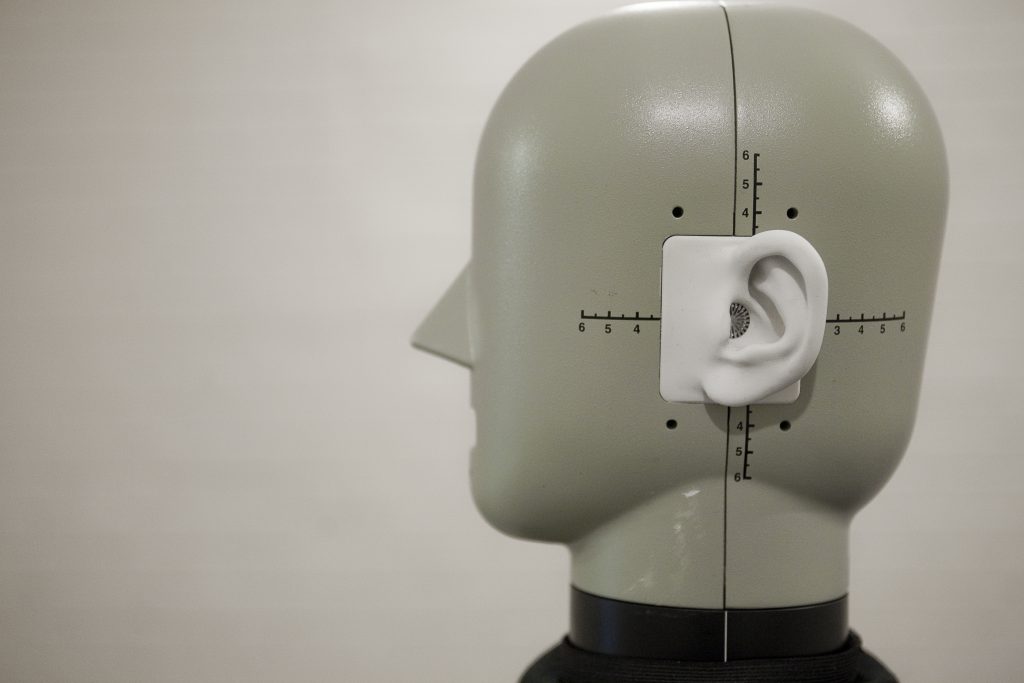PhD Student: Gethin Manuel
Date: 13th October at 12:30 UK Time
Join the seminar here: Click here to join the meeting

Abstract
The aim of this research is to develop innovative and implementable blast noise management techniques. The research contains two areas of interest: Firstly, occupational blast noise exposure. Secondly, environmental blast noise. Expect lots of videos of things being blown up and on fire!
The research is sponsored by the company DNV Spadeadam. The DNV Spadeadam Test site is located in remote Cumbria and carries out crucial major hazards testing and research in the form of explosions. This inevitably results in very high-level impulsive blast noise, that can propagate to large distances of tens of kilometres, potentially adversely impacting people in the surrounding communities. The complex terrain and varying ground impedance in the area independently affects the propagation of blast noise, as does the prevailing meteorology. This results in very large variability in environmental noise levels at residences that are difficult to predict. The current noise prediction tool relies on large quantities of complex meteorological input data and long calculation times. Furthermore, the highly transient nature of blast waves, combined with spatially and temporally averaged input meteorological data, introduce unknown uncertainties in noise predictions. Consequently, the approach adopted in this research is to develop a bespoke heuristic noise prediction and management strategy for the Spadeadam site.
In this presentation, a brief overview of the relevant scientific literature and decades of field work by Salford is presented. It is shown how a fast and efficient regression-based prediction model can be a reliable replacement for the currently used, computationally and financially expensive noise prediction tool. Future research is outlined that will utilise a live, internet-enabled, integrated noise monitoring system to continually improve the predictions, by providing a real-time method of atmospheric calibration for blast noise propagation to sensitive receivers. The use of these tools for the management of blast noise impacts on residents will be demonstrated.
Bio
Gethin is a final year I-CASE PhD student in Acoustics at the University of Salford and is based at the DNV Spadeadam test site in Cumbria. His project is a collaboration between the University of Salford and DNV on blast noise prediction, assessment, and management. His interests are in long-range outdoor sound propagation and human response to blast and other environmental noise. These interests were sparked during his final year dissertation project from his undergraduate degree in Acoustical Engineering at Salford. Gethin’s dissertation in atmospheric acoustics used longitudinal SODAR data for automatically tracking atmospheric boundary layer types and heights. He has experience working at an acoustic consultancy where he completed his industrial placement year.
